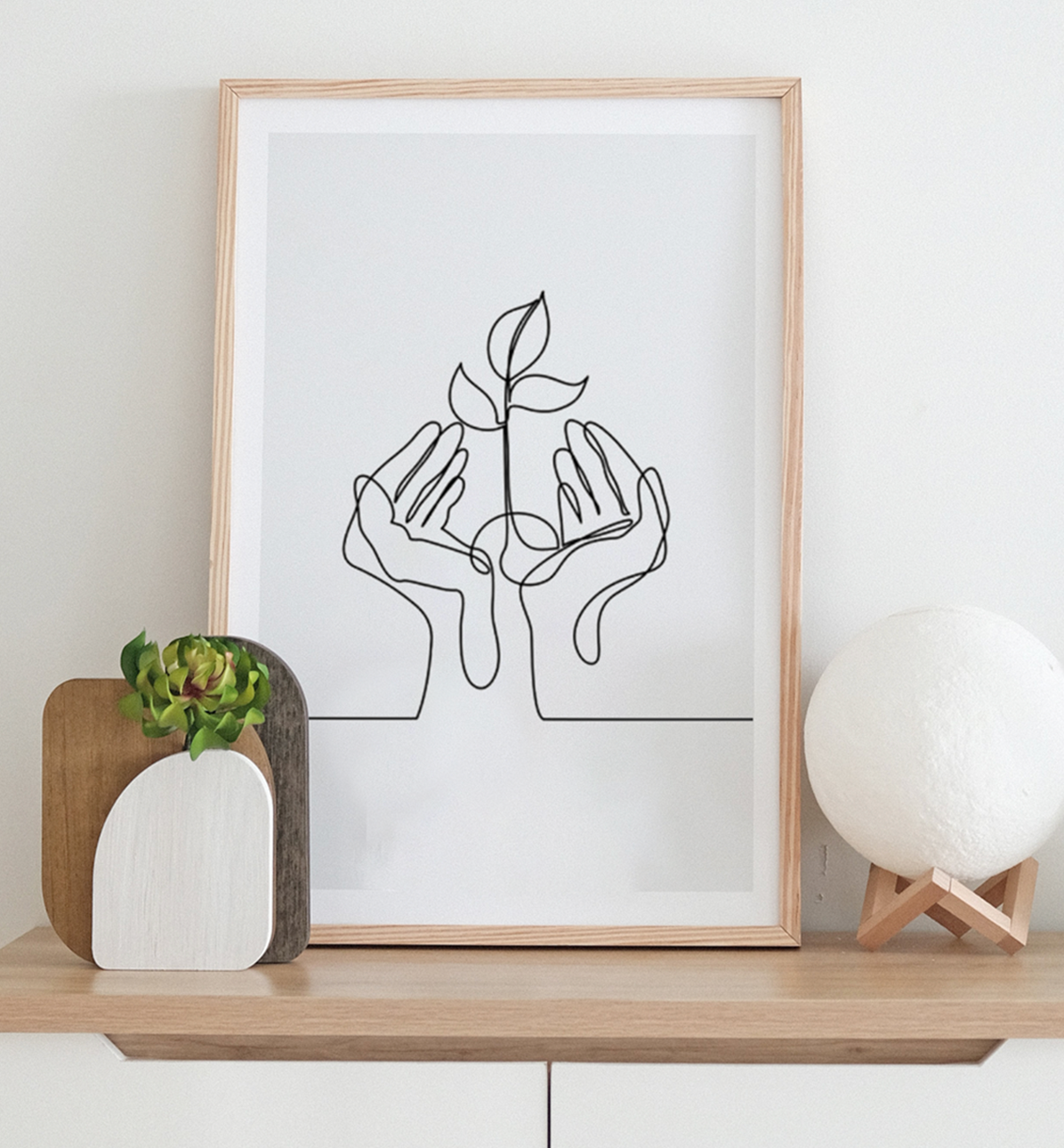“What are the words you do not yet have? What do you need to say?... There are so many silences to be broken.”
-Audre Lorde
About Therapy

How I Work
I strive to be warm, curious and non-judgmental in my approach, with the aim of building a safe and trusting relationship that serves as a foundation for deeper emotional work. My approach is informed by psychodynamic theories, meaning that past experiences and relationships, as well as unconscious feelings and beliefs, play a significant role in how we behave and relate to ourselves and the world around us. Bringing these parts into awareness helps you to change those ways of being and relating that were once adaptive but now unhelpful. The use of mindfulness (including mindful self-compassion) can also serve as a powerful means to increase insight, growth and self-acceptance.
I am also a relationally-oriented therapist. Relationships form the backdrop for some of our most joyful and painful experiences in life. How therapist and client relate to each other can provide rich insights and meaningful healing, both in the therapy room and in day-to-day life. Together in sessions, I use my experience of our relationship (i.e. my feelings, thoughts, and intuition when we’re together) to guide how I express empathy and care, offer observations and feedback, and create a space where you can feel both supported and appropriately challenged.
What we can work on together
In our first several sessions we will discuss what led you to start therapy and what you hope to accomplish. I will likely ask questions about your history and present day concerns. Learning about your strengths and resiliencies is just as important to me as knowing what you may struggle with or wish to change.
You may be coming to therapy to address a long-standing concern that you are feeling ready to explore more and/or that is becoming too difficult to deal with on your own. This could be feelings of depression, unexplained yet persistent anxiety, feelings of shame or loneliness, reactive anger, difficulty forming and sustaining relationships, or a lack of fulfillment and meaning in life. You might also be seeking help in the wake of a more immediate crisis or loss, and are looking for emotional stabilization and support.
In addition to these concerns, professional and personal experience has taught me that many people have complex relationships with religion/spirituality and often find it difficult to talk about. For some, religion has the potential to provide purpose, healing and community. For others, experiences associated with religion have lead to hurt, anger and shame. Working through these issues in therapy could look like processing a faith crisis or faith transition, healing from early religious trauma, or discovering and deepening your personal sense of spirituality.
My areas of interest and specialty include:
Depression
Anxiety and panic
Spiritual and religious concerns
Trauma and posttraumatic stress
Shame
Attachment and relationship issues
Loneliness
Grief and loss



